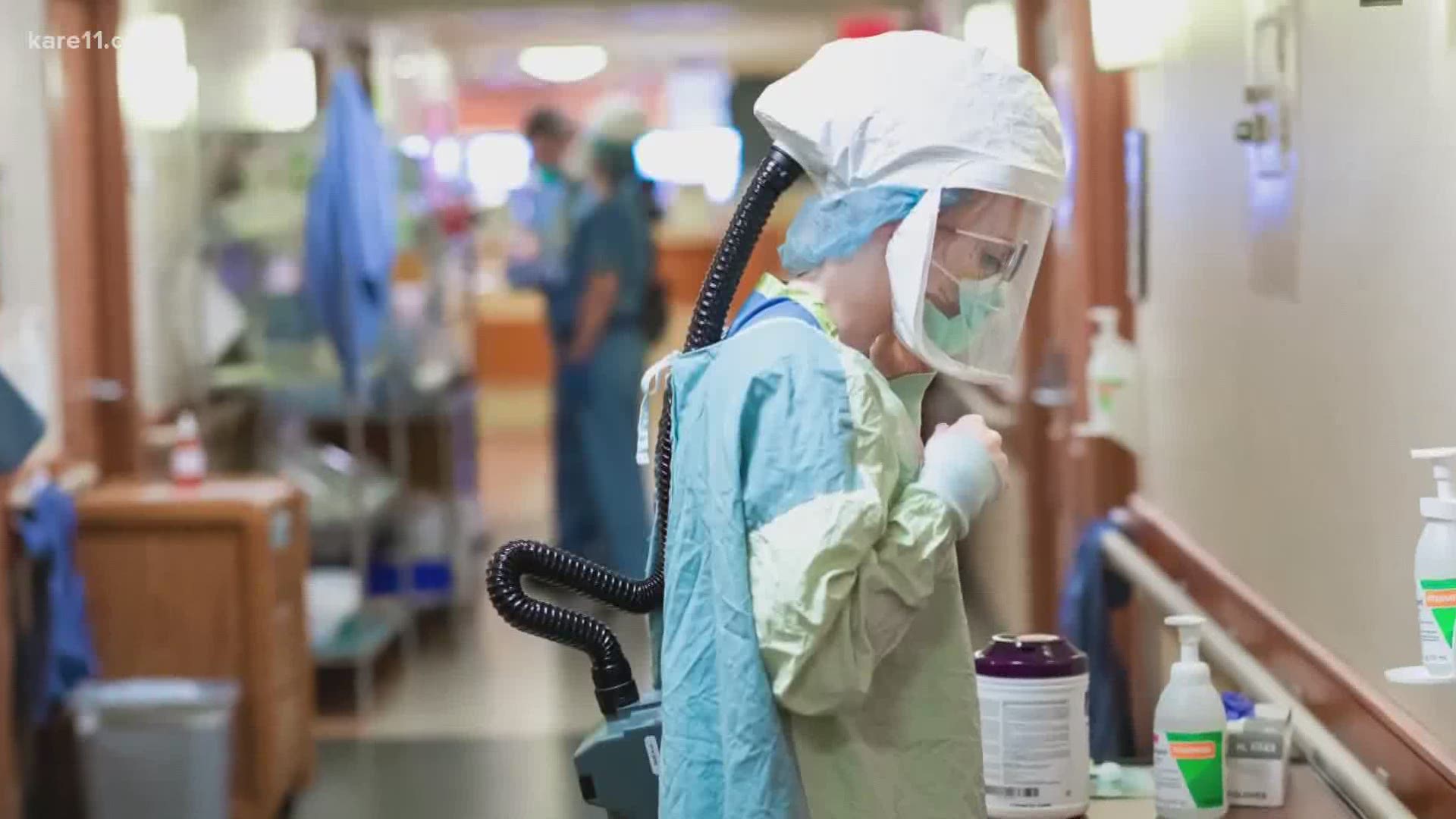A team of doctors and researchers at the University of Minnesota is getting resourceful in the fight against COVID-19, taking a novel immunotherapy designed to target cancer and re-purposing it to fight the novel coronavirus.
"We had the cells, they were in the freezer, they were literally ready to go into patients,” said Dr. Jeffrey Miller, Deputy Director of the University of Minnesota Masonic Cancer Center.
For years Dr. Miller has researched genetically modified natural killer (NK) cells and their ability to target cancers like lymphoma.
"One of the things that we've learned is that NK cells not only can kill cancer but it can have antiviral properties,” Miller said. "With COVID-19, what we're hoping is this antiviral property will seek out infected cells and turn off the viral shedding."
With plenty of the modified NK cells already on hand at the University of Minnesota, the FDA approved the first-ever human trial deploying NK cells to fight the novel coronavirus.
"What we decided, and this was really in negotiation with the FDA, is we decided that the cells would be best tested in kind of an intermediate sickness population,” Dr. Miller said.
For now, they're starting with a small number of COVID patients at Bethesda Hospital who do not need ventilator support, but even in the controlled hospital environment there are considerable risks.
"It's really never been done before so there are a lot of questions about safety in addition to effectiveness,” he said. "There's a lot of worry with giving immune cells, you know, even for patients with cancer, if they get over activated it can cause an inflammatory state that really revs up the immune system and can cause problems."
In response, the number of patients in the trial will be limited, and the doses will be gradually increased.
"Literally the first patient, who was dosed yesterday, got a single dose of cells,” Dr. Miller said. “Next week the next patient will get two doses of cells at increasing doses and we have several steps along the way, like if we get toxicity with one dose, we won't give two doses.”
Though he’s cautious about next steps, Dr. Miller say he’s optimistic about what the trial could mean.
"This could be the early start of a paradigm shift about how we think about how cell therapies can be used to treat many diseases beyond cancer where we initially started,” he said. “But I think it’s safe to say, as with any phase one study, the honest truth is we don’t know until we get the data.”

